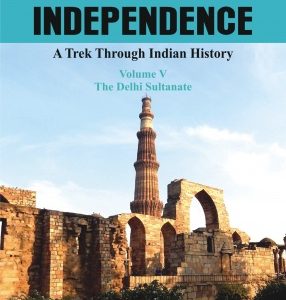
Vij Books

47 books
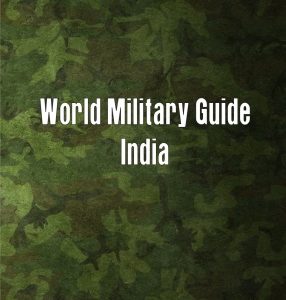

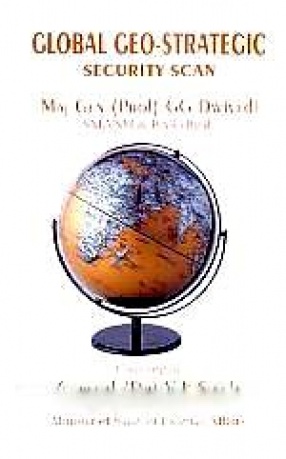
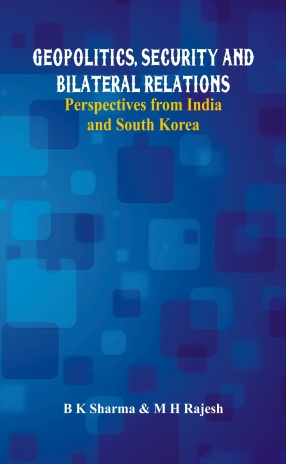
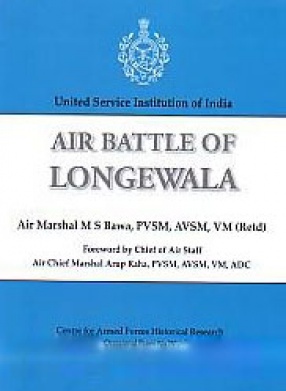

This is the fifth volume in the series on Indian history with the generic title From Indus to Independence: A Trek through Indian History. It covers the period from the establishment of the Delhi Sultanate (accepted as 1206 by most historians) and its defeat and obliteration by Babur the Mughal in 1526. The initial phase of the Delhi Sultanate was more a military occupation than the establishment of an empire and accordingly was chaotic, violent and turbulent. ...
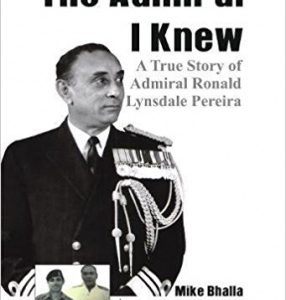
The book encompasses the authors journey with Admiral from the moment his eyes froze on my terrified face on 4th August 1971, which activated his memory chip reminding him of his late nephew, Michael John Pereira, who tragically died in an air crash in April 1967 at Hashimara. Being a childless couple the relations grew and soon they treated me like a son they never had.
The contents are factual and based on Admiral's thought process and views expressed in his ...
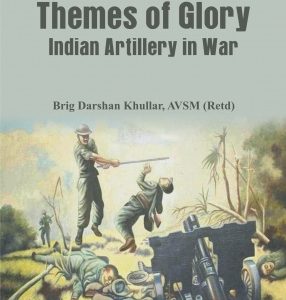
During war the Field Commanders at all levels make sure that their artillery advisers are always close at hand. It is akin to seeking parental protection. In attack as in defence, artillery plays decisive role and has rarely, if at all, been found wanting. It is a morale booster. Statistics reveal that the maximum casualties in war, 80 percent by most estimates are caused by artillery. There have been instances when the leading company commander has been wounded ...
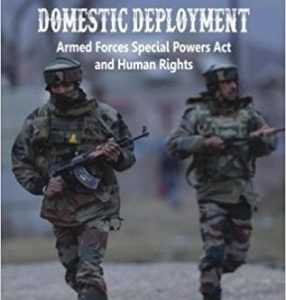
In July 2016, the Supreme Court of India held that the use of excessive or retaliatory force by the security forces is not permissible in the course of the discharge of their duty under the Armed Forces (Special Powers) Act (AFSPA), and that the Act does not allow blanket immunity to perpetrators of unjustified deaths. Recently, the Supreme Court directed that FIRs be lodged against security personnel engaged in encounter killings. This ruling has serious ...
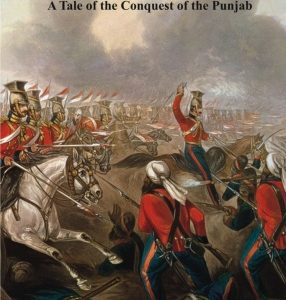
Among the many wars by which, province by province, the Empire of India was won, few, if any, were more brilliant and hard fought than those which terminated in the annexation of the Punjab. It is satisfactory to know that the conquest of the Sikhs-a brave and independent race-was not brought about by any of the intrigues which marred the brilliancy of some of our early conquests, or by greed for additional territory, but was the result of a wanton invasion of ...
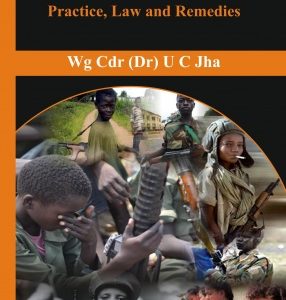
As many as fifty non-state armed groups (NSAGs) in countries such as Afghanistan, Colombia, the Democratic Republic of Congo, India, Iraq, Israel, Palestine, Libya, Mali, Pakistan, the Philippines, Somalia, South Sudan, Syria, Thailand and Yemen are engaged in the recruitment and use of children in armed conflict. In Somalia, South Sudan, Syria and Yemen the situation continues to be perilous, with many hundreds of children recruited, used, killed and maimed. ...

The Indian Armed Forces are the military forces of the Republic of India. It consists of three professional uniformed services: the Indian Army, Indian Navy, and Indian Air Force. Apart from this the armed forces are supported by Indian Coast Guard and other Paramilitary Force. This book provides its reader with essentil information of India's military strength, its Forces, arsenal and its modernisation and future programs.

Generals have made and changed the history of many nations. Armed Forces are the instrument of power of any nation and Generals have important role to play in the nation building and national security. Lately, the standard of Generalship has come to be criticised and the environment alleges that mediocre Generals are being thrown up, and in the process competency and professionalism is getting sacrificed. Not only the Indian Armed Forces, but most of the world ...
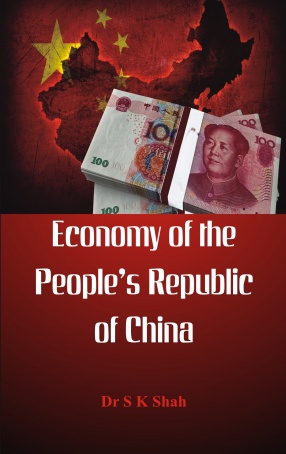
Today, China’s economy is behaving in a rather similar way to most other countries. This is true even after the government’s influence on industry which in some sectors is similar to what we see in some European countries such as France. China uses the same measurement yardsticks for GDP, foreign trade, inflation, industrial output, etc. as almost every other country. As such, comparisons are possible and called for. The People’s Republic of ...
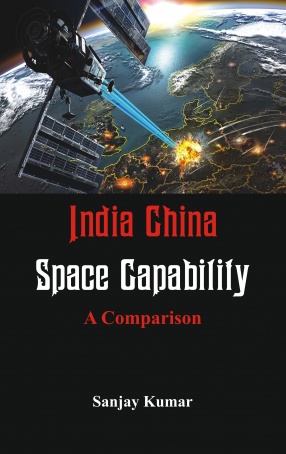
Space capabilities are becoming absolutely essential for national development, economic well-being, commerce, and daily life, besides becoming a crucial component of successful military operations. Space has emerged as an essential component in furthering a nation’s Comprehensive National Power.
China’s progress in space technologies, whether in relative or absolute terms, has larger implications for India. As China’s space program increases in ...
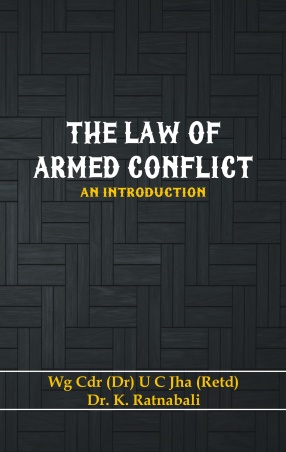
This textbook gives an up-to-date and comprehensive analysis of the law of armed conflict or international humanitarian law. The author has traced the history of the laws of war and examined their relations with human rights and refugee laws. The topics covered include protection to the victims of war: prisoners, civilians, women, children, journalists, the natural environment and cultural property. The book contains an updated account of the functioning of the ...
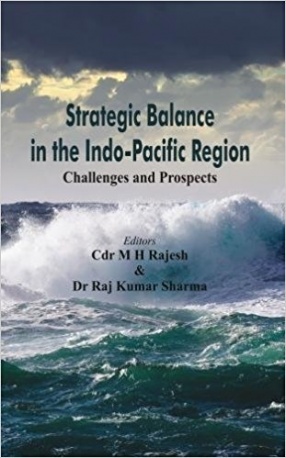
Indo-Pacific Region is combination of Asia Pacific Region (APR) and Indian Ocean Region (IOR) connected by busy straits of Malacca, Sunda, Lombok and Makassar. The region encompasses almost half of the world population, a third of the top twenty economies, world GDP and exports. It is home to an enormously populous and diverse mix of ethnicities, cultures, political systems, religions and economies. As a confluence of two busy oceans, the region is the maritime ...

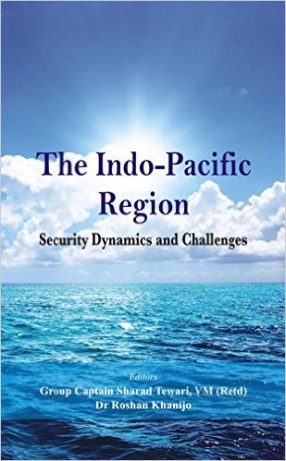
Asia’s diversity in culture, ethnicity, religions, ideology, environment, history, economy and systems of governance is without parallel. Consequently, conflict is endemic. Going hand in hand with conflict is multi-faceted competition. At one level, it is for resources: the emerging economies of the Asia Pacific, South and South East Asia compete for energy and mineral resources with developed countries, including USA, Europe, Japan and South Korea. ...
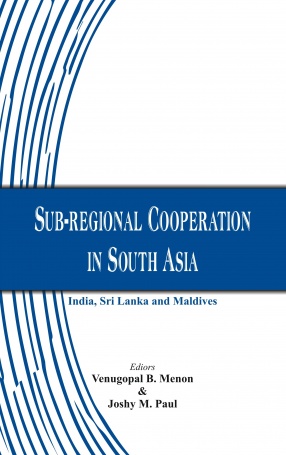
This book explains the emergence of sub-regional cooperation mechanism in the maritime domain in South Asia. It deals with the trilateral cooperation of India, Sri Lanka and Maldives as they share common maritime connectivity. This book also analyses political, economic, cultural and security relationship between the three countries and explains the role of China in the Indian Ocean region and its impact on South Asia.

India-South Korea bilateral relations achieved a critical landmark with the upgrade of a fast growing relationship to a ‘Strategic Partnership’. As a timely initiative intended to contribute to the process of this upgrade, two premier strategic think tanks, namely the United Services Institution of India (USI) and Research Institute for National Security Affairs (RINSA), South Korea, undertook a joint research project. The project brought together in ...

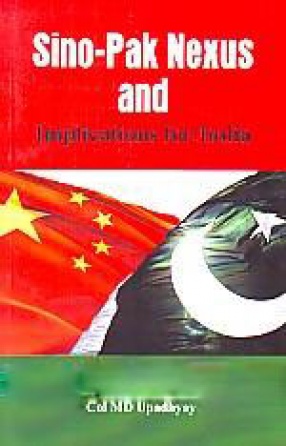
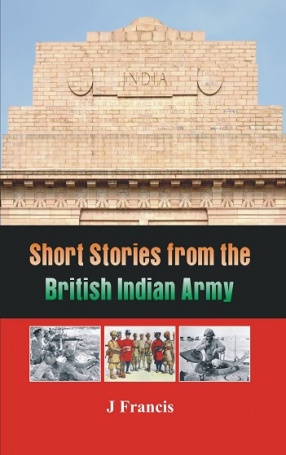
The book gives account of 20 important battles fought by the Indian Army under British Rule from 1898 till 1945 and presenting them in this Book as short stories. The book starts with the North Western Frontiers of India where an incomparable battle was fought. Then it takes the readers through Western Europe, Ottoman Empire and Persia during The Great War in the second decade of the twentieth century and to the Indo-Afghan Border once again.
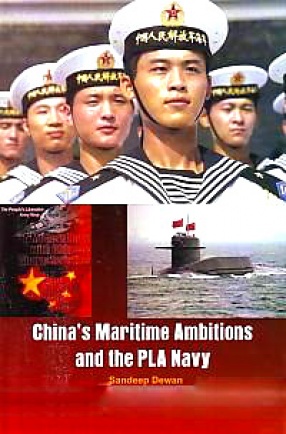
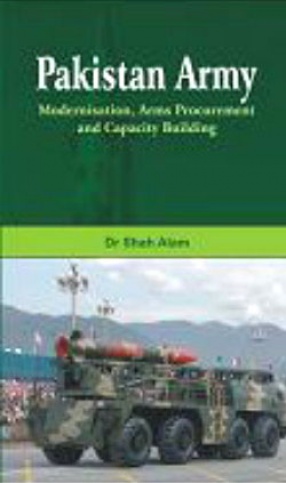
The book explains genesis, expansion, development, and modernisation of the Pakistan Army. It undertakes only the Pakistan Army and does not include the Pakistan Nay and the Pakistan Air Force. The book comprehensively explains and analyses the Pakistan Army. Initially, Pakistan had faced several challenges to meet its defence needs. Pakistan pursued strategy of external alignment to get arms and financial assistance. Pakistan obtained arms from various sources ...
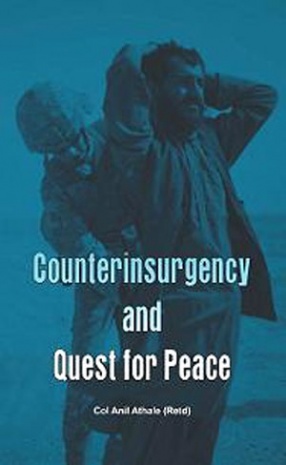
Counterinsurgency is a complex phenomenon that needs complex answer. Any attempt at reductionism can be an invitation to disaster. Though it is very much a form of warfare, and can fit into the description given by Jomini as wars of opinion or Clausewitzian wars of resistance.
The research for the present book was carried out under the sponsorship of Gen D K Palit and Chatrapati Shivaji fellowship of the USI.
This book is a cumulative result of over two decades ...
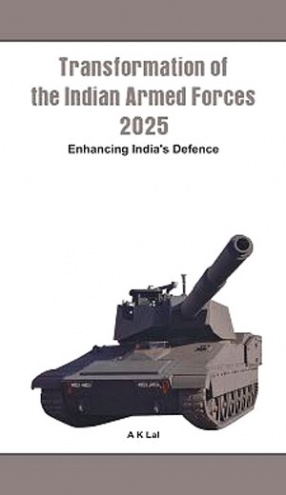
Transformation should lie at the heart of our new approach to defense. The development of transformational capabilities, processes, and force structures should be given strategic focus to meet the principal challenges under our defense strategy. India is already ceased with the necessity of transformation albeit without any documented national security guidelines or operating instructions, which are legislated or have the validation of at least the 'Cabinet ...
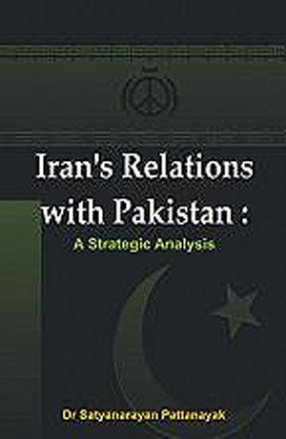
Both Iran and Pakistan represent two distinct patterns of political systems and navigating their relationship is a very difficult task indeed. However, new developments between them in recent years have created salutary interest among scholars of international relations to focus on their long term relationship. This book focuses on various facets of this relationship in a long term perspective by analyzing them under various phases.The period from 1947 to 2010 ...
